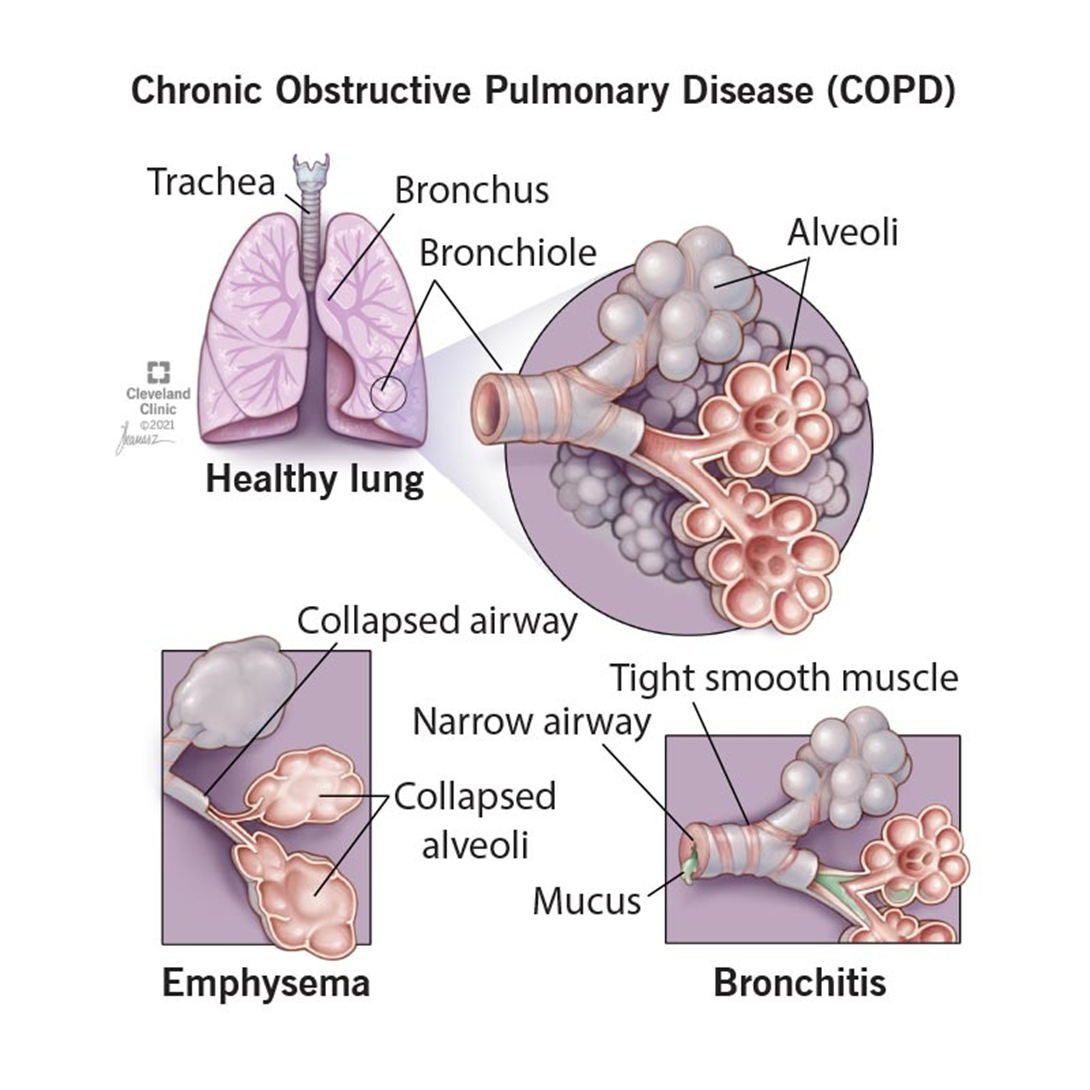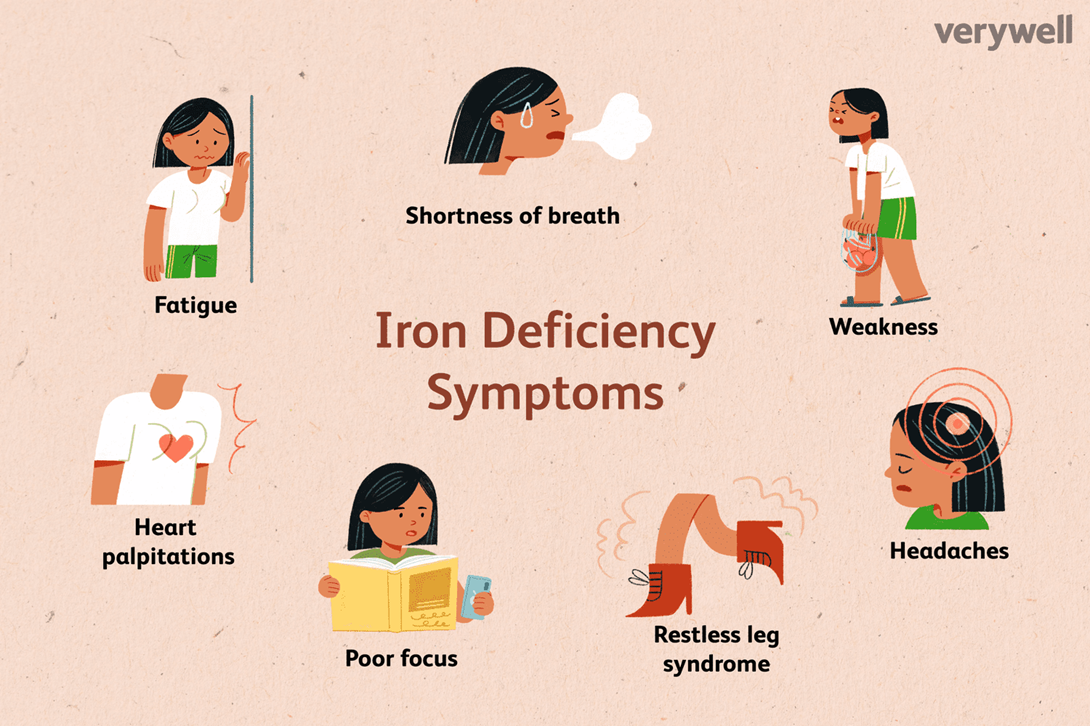A client with a history of chronic obstructive pulmonary disease (COPD) receives a new prescription for an ipratropium inhaler. Which action indicates to the nurse that additional teaching is needed?
Rinses the mouth after each use.
Stores the medication at room temperature.
Attaches a spacer device to the inhaler.
Primes the inhaler with 7 pumps.
The Correct Answer is D
Choice A reason:
Rinsing the mouth after each use of an inhaler is a recommended practice, especially for inhalers containing corticosteroids, to prevent oral thrush and other side effects. Although ipratropium is not a corticosteroid, rinsing the mouth can still help reduce any potential irritation or unpleasant taste.
Choice B reason:
Storing the medication at room temperature is appropriate for most inhalers, including ipratropium2. This ensures the medication remains effective and safe to use. It is important to keep the inhaler away from extreme temperatures and direct sunlight.
Choice C reason:
Attaching a spacer device to the inhaler can be beneficial, especially for patients who have difficulty coordinating the timing of inhalation with the activation of the inhaler. A spacer helps ensure that more medication reaches the lungs rather than being deposited in the mouth or throat.
Choice D reason:
Priming the inhaler with 7 pumps is excessive. Typically, ipratropium inhalers require priming with only 2 to 4 sprays before the first use or if the inhaler has not been used for a few days. Over-priming can waste medication and may indicate that the client needs additional instruction on proper inhaler use.

Nursing Test Bank
Naxlex Comprehensive Predictor Exams
Related Questions
Correct Answer is C
Explanation
Choice A reason:
Teaching the client about foods high in calcium is important, but it is not the most immediate action required. A serum calcium level of 5.5 mg/dL is significantly below the normal range (8.5-10.2 mg/dL) and indicates severe hypocalcemia. While dietary education is beneficial for long-term management, the nurse must first address the acute issue by notifying the healthcare provider.
Choice B reason:
Beginning to taper the drug dose per protocol is not appropriate without consulting the healthcare provider. Methylprednisolone, a corticosteroid, can cause decreased calcium absorption and increased calcium excretion. However, any changes to the medication regimen should be directed by the healthcare provider, especially in the context of severe hypocalcemia.
Choice C reason:
Notifying the healthcare provider of the finding is the most critical action. Severe hypocalcemia can lead to serious complications such as cardiac arrhythmias, muscle spasms, and seizures. Immediate medical intervention is necessary to correct the calcium imbalance and prevent potential life-threatening conditions.
Choice D reason:
Administering the medication with a glass of milk is not sufficient to address the severe hypocalcemia. While milk contains calcium, the amount is not enough to correct a serum calcium level as low as 5.5 mg/dL. The nurse must prioritize notifying the healthcare provider to ensure appropriate treatment is initiated.
Word count: 500 words.
Correct Answer is A
Explanation
Choice A Reason:
Use a straw to ingest: Ferrous sulfate elixir can cause staining of the teeth. Using a straw helps to minimize contact with the teeth, thereby reducing the risk of staining. This method ensures that the medication is ingested directly into the throat, bypassing the teeth.

Choice B Reason:
Swallow undiluted: Swallowing ferrous sulfate elixir undiluted is not recommended because it can cause gastrointestinal irritation. Diluting the elixir in water or juice can help to minimize this irritation and improve absorption.
Choice C Reason:
Mix with an antacid: Mixing ferrous sulfate with an antacid is not advisable because antacids can interfere with the absorption of iron. Iron is best absorbed in an acidic environment, and antacids neutralize stomach acid, thereby reducing iron absorption.
Choice D Reason:
Take with a glass of milk: Taking ferrous sulfate with milk is not recommended because calcium in milk can inhibit the absorption of iron. It is best to take iron supplements on an empty stomach or with a source of vitamin C, such as orange juice, to enhance absorption
Whether you are a student looking to ace your exams or a practicing nurse seeking to enhance your expertise , our nursing education contents will empower you with the confidence and competence to make a difference in the lives of patients and become a respected leader in the healthcare field.
Visit Naxlex, invest in your future and unlock endless possibilities with our unparalleled nursing education contents today
Report Wrong Answer on the Current Question
Do you disagree with the answer? If yes, what is your expected answer? Explain.
Kindly be descriptive with the issue you are facing.
